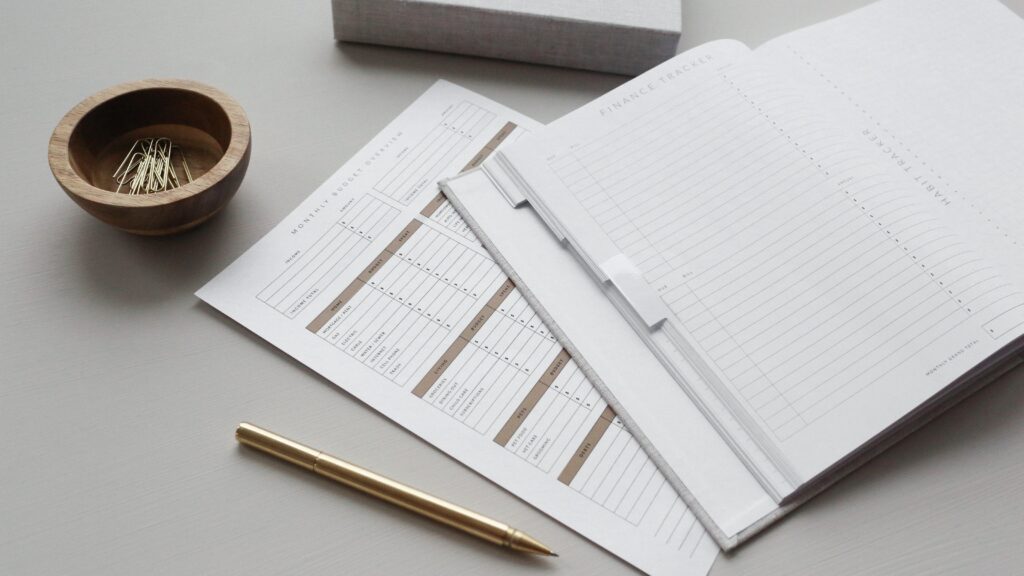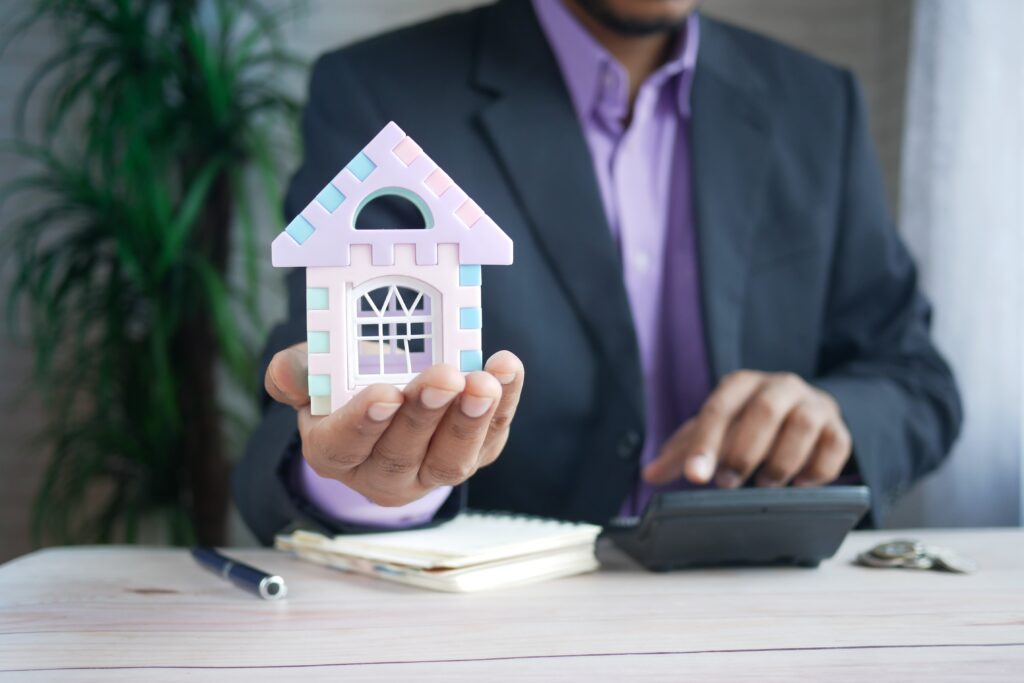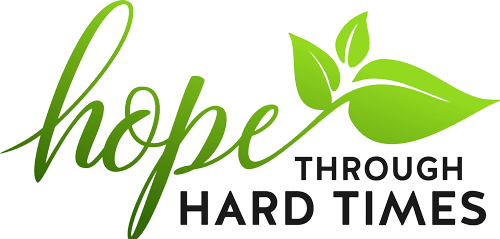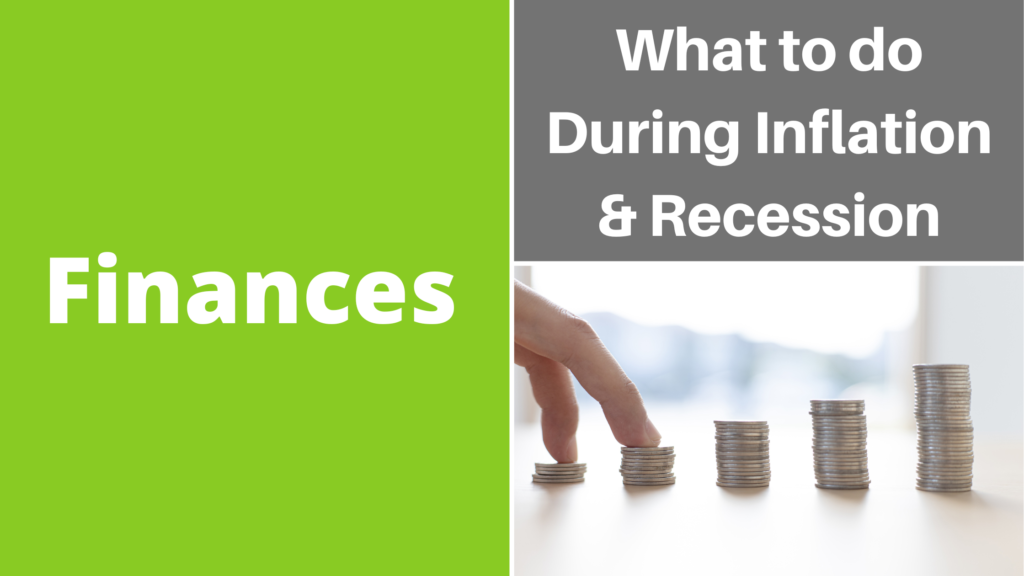Your pay remains the same. Your bills are increasing. Now, the news is saying you’re heading towards a recession. What are you going to do?
How are your personal finances doing? Do you have and use a budget? Do you know how much you make and how much you’re spending each month? Are you living within your means? This is your starting point.

The second would be to not panic. If your money is tight, the last thing you want to do is let fear take over. You’ll lose all logic if fear begins to control your decisions. So, let’s look at things in a practical way.
You need to first look at your income. Do you have one or two (depending on if you’re married or not). If you don’t have at least one, you need to get a job. If you have at least one, write down how much take home income you’re getting a month right now. If you’re self employed, or, have a fluctuating hourly or contract job, look over the past three to six months and write down the average you’ve been making.
Then make a list of your basic necessities. How much are you spending per month on:
- Food (groceries, eating out, toiletries, etc)
- Shelter (rent/mortgage, property/renter’s tax, utilities)
- Clothing
- Transportation (gas, maintenance, insurance, car payments, bus passes)
If you don’t have a budget, write a rough estimate. Subtract your income from the total of those expenses. How much of your unused income do you have left?
Do you have anything in savings? Are you regularly contributing to a savings/investment account? Add at least 10% into savings each month. Keep doing this as long as you can. If inflation continues to rise and the recession is starting to really affect you, meaning you are struggling to pay for the basic necessities above, then you may start to dip into your savings account. Otherwise, don’t touch it.
What other debts do you have owing – Credit card, car, student loans, line of credit, furniture, boats, etc.?
Are there any items you have on financing that you can return or sell? I know you will incur a penalty, but it’ll be better in the long run than having to continue to pay interest on them when your finances are tight. The sooner you do this the better. People are slowing down their spending so houses, cars, and other high-end purchases aren’t moving as quickly right now. This might get worse until the recession is over.
The most important thing when the economy and your personal finances tighten is to make sure your basic necessities are being met. All of the other things are far less important. When the recession ends, save up and buy back the items you sold beforehand. They may be more money at that point, but you will have peace in the recession and be able to buy them for cash later. It’s better if you can sell them now rather than waiting for the market to continue to drop and interest to continue to rise on your payments.
Do you have a variable based mortgage? Switch to fixed. The banks are forecasting the mortgage rates to continue to climb. You’re going to get hit pretty hard if you’re on a variable plan because you aren’t protected from those rising interest rates. If you switch to a fixed-term mortgage now, you’ll be able to lock in at a decent percentage before it gets any higher. Again, a word of warning that you might incur a penalty for this depending on how much time is left on your current term. However, it might be worth it to pay the penalty than get stuck with climbing interest rates and not being able to afford your home later on.

When it comes to meeting your basic necessities, I’m not saying to continue buying a bunch of clothes, traveling throughout the country, and eating out every day. You might get bored of the clothes you have, but if they don’t have a bunch of holes in them (unintentionally), then keep wearing them. Make food at home. Ride your bike. Hold off on spending anything you don’t have to.
Assess your finances. Tuck money aside in savings. Find creative recipes that use fewer and more common ingredients. Use less water in your home. Turn off the air conditioning during the day if you have it or at least put it on a higher temperature and then drop it down in the evening. Your house will take less time to cool in the evening because it won’t have the heat of the sun on it. If you live in Ontario, Canada, follow the electricity off, mid, and peak times. Do most of your cooking, laundry, and electrical necessities during the off times. It’ll save you a surprising amount of money.
If you’re still incurring more expenses than income, go get a second job. Your income always needs to be higher than your expenses, not less, and not just matching it. It needs to be higher. If that’s not the case, then you need to continue cutting out more expenses and supplement with more income.
Cracking down on your spending might only need to be for a time. The economy will eventually recover. They are saying the recession shouldn’t be that bad either. Consider this an opportunity to get your finances under control and actually get ahead.
These tips are for people that are financially tight. If you’re not, continue putting money into savings and planning for your next goals. Use that budget and your income to your advantage. Be wise, be generous, and thank the Lord for all He’s given you.
Michael and I are so very thankful that we were able to pay off our house before this inflation and recession hit. It honestly provides such great peace. We’ve learned that the Lord truly will provide for us, and to seek Him in our saving, spending, and giving. We don’t have to let fear control us or have impending bills and interest rates threaten us.
Contact us if you’re feeling the pressure of your current financial situation. We’d be happy to help you find ways to save and protect yourself.




